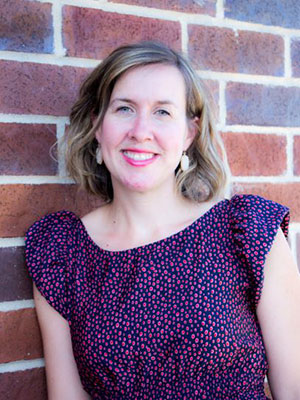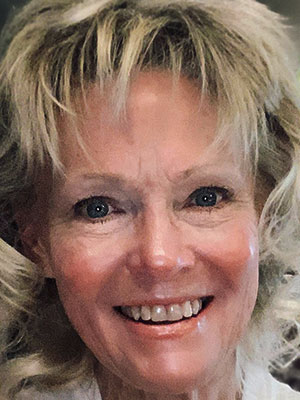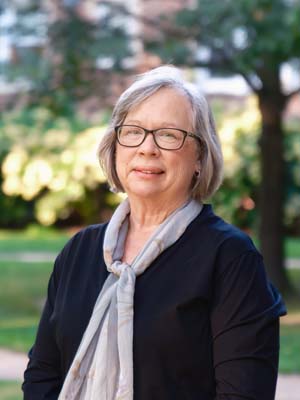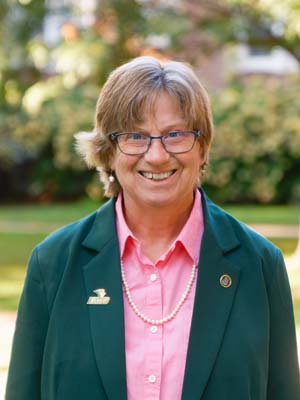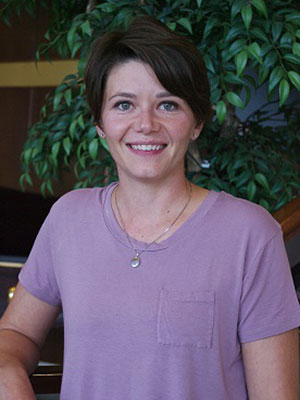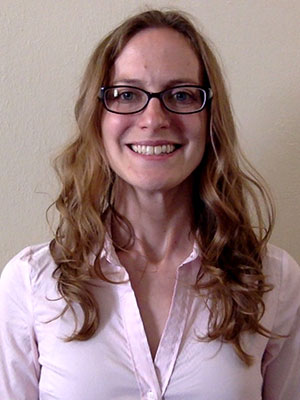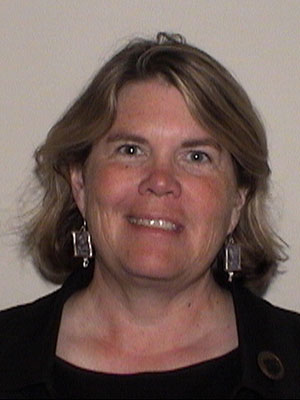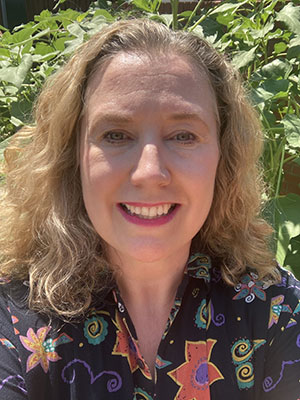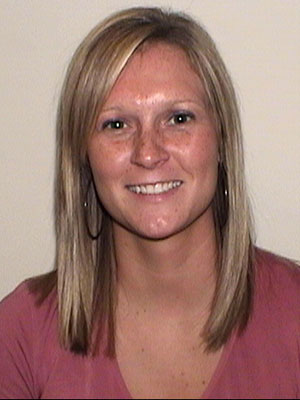Make your classroom your laboratory! Participate in a RISE Research Study.
As student populations continue to diversify (American Council on Education, 2019; U.S. Department of Education, 2019), programs that support faculty in effective teaching across differences grow in importance. At Lindenwood, 15% of students are Black/African American, 4% are Hispanic/Latinx, 22% are international, and 34% of undergraduates are eligible for Pell Grants. Equity gaps exist for some student groups. Black undergraduates show 6% lower retention rates than white undergraduates and 15% lower 6-year graduation rates. They graduate in four years at about half the rate that international students do. Similar gaps exist for retention and graduation rates of Pell-eligible students.
Gawronski, Kuk, and Lombardi (2016) note, “The more faculty members are able to expand their repertoire of research-based instructional strategies that meet a wide variety of student needs, the greater impact they could have on student achievement” (p. 332). The RISE Project aims to address these needs, and the Learning Academy seeks to assess and demonstrate its impact through research.
For our RISE research studies, we aim to connect the dots between faculty development and student learning, test the utility of the RISE framework, and validate particular pedagogical strategies.
Faculty members that participated in RISE research will be involved both as research participants and as co-creators of knowledge to help us discover if and how changes to pedagogy impact student learning and student experiences. This research project will be a collaborative basis for exploring grant funding, scholarly presentation, and publication in this area.
Study #1
GENERAL OVERVIEW
The purpose of the first RISE research study is to track the impact of incremental development on faculty outcomes and the impact of rigor, inclusiveness, support, and engagement enhancements on student outcomes. The study will begin in Fall 2021 and extend at least through Fall 2022.
For this action research, each faculty participant will implement small teaching changes to enhance one or more of the RISE pillars that they learn about through roundtables, peer coaching, and/or online resources. Additionally, faculty participants will help to provide self-report data, teaching and learning artifacts, and/or student perception data regarding the implemented teaching changes.
DATA COLLECTION AND ANALYSIS METHODS COULD INCLUDE
- Interviews with faculty participants
- Surveys administered to faculty participants
- Observations of participants’ teaching
- Analysis of pre- and post- versions of assignments or other course elements
- Analysis of samples of student work
- Analysis of student feedback collected via student course evaluations
- Collection of additional student feedback (e.g., additional survey, focus groups)
PLEASE NOTE
Any data collection involving students would be conducted with the full knowledge and assistance of the instructor. Feedback collected from students would be used for the purposes of the research study only and kept confidential, unless the faculty member elects to use that information for other purposes.
While faculty choose to discuss their implementation of new teaching strategies and any outcomes as part of their self-evaluation, participation in the RISE research study will not have any other bearing on standard faculty evaluation and/or employee standing with Lindenwood.
FACULTY RESEARCHERS
The following group of faculty members will serve as researchers and participants for the first RISE research study.
Dr. Stephanie Afful
College of Science, Technology, & Health
RISE pillar(s): Inclusiveness
Semester(s): Fall 2021
Dr. Javeria Farooqi
Plaster College of Business & Entrepreneurship
RISE pillar(s): Rigor, Inclusiveness, Support and Engagement
Semester(s): Fall 2021 and Spring 2022
Dr. Lynda Leavitt
College of Education & Human Services
RISE pillar(s): Rigor
Semester(s): Spring 2022
Dr. Mitch Nasser
College of Education & Human Services
RISE pillar(s): Inclusiveness, Support and Engagement
Semester(s): Fall 2021
Dr. Renee Porter
Plaster College of Business & Entrepreneurship
RISE pillar(s): Rigor
Semester(s): Spring 2022 and Fall 2022
Dr. Ana Schnellmann
College of Arts & Humanities
RISE pillar(s): Rigor and Engagement
Semester(s): Spring 2022
Dr. Suzanne Stoelting
College of Science, Technology, & Health
RISE pillar(s): Inclusiveness
Semester(s): Fall 2021
Dr. Megan Woltz
College of Science, Technology, & Health
RISE pillar(s): Inclusiveness
Semester(s): Fall 2021
Interested in learning more or participating? Check out this Faculty Guide to RISE Research (and use this to help you co-design your participation) and email learningacademy@lindenwood.edu or Shenika Harris.
Study #2
GENERAL OVERVIEW
The purpose of the second RISE research study is to track the results of intensive development experience and course redesign on faculty and student outcomes. The study will begin in Spring 2022 and extend at least through Summer 2023.
For this research, a small cohort of full-time faculty will focus on redesigning courses that could be enhanced through increased rigor, inclusiveness, support, and engagement. Faculty participants will complete a variety of activities such as attending the RISE Course Design Institute, redesigning and delivering their course during the 2022-2023 academic year, and providing pre- and post-intervention data.
DATA COLLECTION AND ANALYSIS METHODS COULD INCLUDE
- Interviews with faculty participants
- Surveys administered to faculty participants and students
- Observations of participants’ teaching
- Analysis of pre- and post- versions of assignments or other course elements
- Analysis of samples of student assessments
- Analysis of student feedback collected via student course evaluations
- Collection of additional student feedback (e.g., additional survey, focus groups)
FACULTY RESEARCHERS
The following group of faculty members will serve as participants for the second RISE research study.
Dr. Mike Ibele
College of Science, Technology, & Health
Matthias Wood
College of Science, Technology, & Health
Dr. Trenton Olsen
College of Arts & Humanities
Dr. Kris Smith
College of Arts & Humanities
Dr. Megan Dooley Hussmann
College of Education & Human Services
Dr. Ariel Robinson
College of Education & Human Services
Dr. Annette Najjar
Plaster College of Business & Entrepreneurship
Abby Weber
Plaster College of Business & Entrepreneurship
References
American Council on Education. (2019) Race and Ethnicity in Higher Education: A Status Report. https://www.equityinhighered.org/resources/report-downloads/
Gawronski, M., Kuk, L., & Lombardi, A. L. (2016). Inclusive instruction: Perceptions of community college faculty and students pertaining to universal design. Journal of Postsecondary Education & Disability, 29, 331–347.
U.S. Department of Education, National Center for Education Statistics. (2019). Digest of Education Statistics, 2018 (NCES 2020-009). Retrieved from https://nces.ed.gov/fastfacts/display.asp?id=60.


